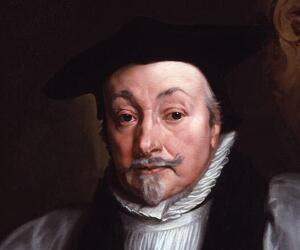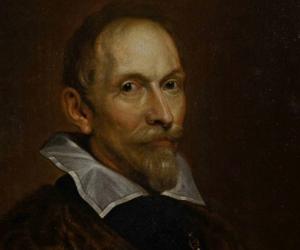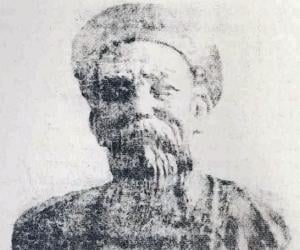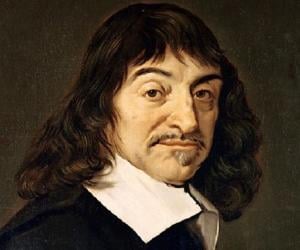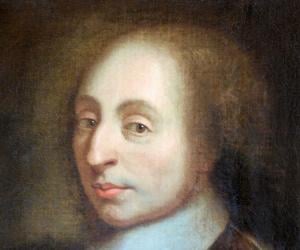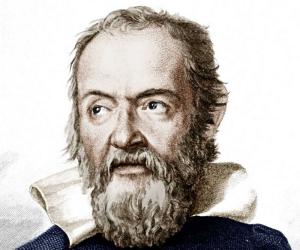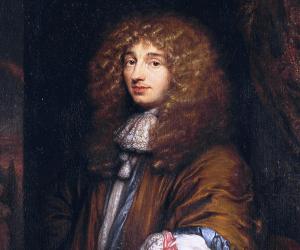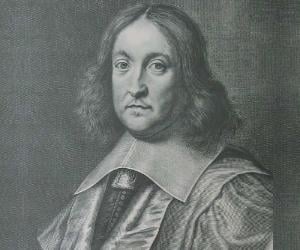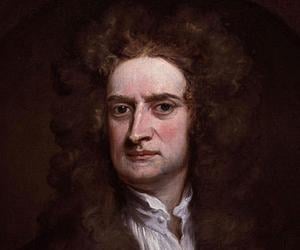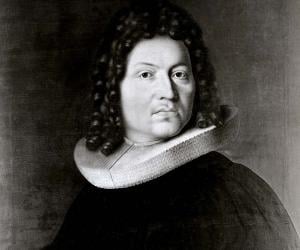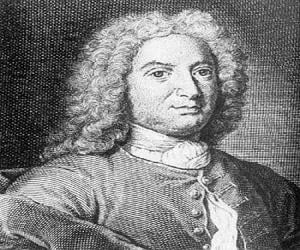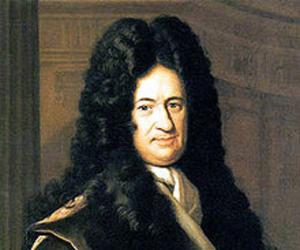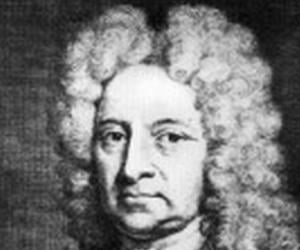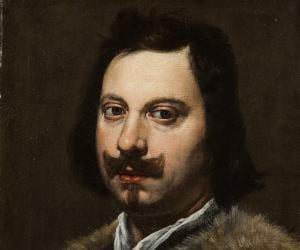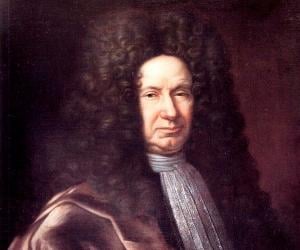This 17th-century German mathematician, astronomer, and astrologer is remembered for his pathbreaking work on optics. He invented a developed version of the refracting telescope. He also laid down Kepler's laws of planetary motion and wrote Astronomia Nova, Harmonices Mundi, and Epitome Astronomiae Copernicanae.
Blaise Pascal was a French physicist, mathematician, philosopher, and inventor. A child prodigy, Pascal's work on projective geometry, at the age of 16 is commendable. He is one of the earliest inventors of the mechanical calculator, which he did when he was still a teenager. His work on probability theory influenced the development of social science and modern economics.
An Italian astronomer, engineer, and physicist, Galileo Galilei is widely regarded as the father of observational astronomy, the father of the scientific method, the father of modern physics, and the father of modern science. He is credited with popularizing the telescope, which changed the course of history.
From proposing the wave theory of light to discovering the actual shape of the rings of Saturn and inventing the pendulum clock, Dutch scientist Christiaan Huygens had contributed a lot to science. Born to a diplomat, Huygens had the privilege of an elite education but remain sickly throughout his life.
Seventeenth-century French mathematician Pierre de Fermat was also a qualified lawyer. Remembered mostly for his contribution to number theory, probability, calculus, and analytic geometry, he was also known for his proficiency in six languages, including Greek and Latin. One of his major works, Introduction to Loci, was released posthumously.
One of the most influential and popular scientists of all time, Sir Isaac Newton played a prominent role in our understanding of natural phenomena. He formulated the law of universal gravitation and laws of motion. He also developed the Newtonian telescope among other devices. Apart from science, Newton was also intrigued by religion, occult, and alchemy.
Born into a family of drug merchants, Jacob Bernoulli was forced to study theology by his father but later deviated to math. He taught math and laid down the Bernoulli’s equation and calculus of variations. Apart from him and his brother, Johann Bernoulli, his family later produced more great mathematicians.
Brother and colleague of Swiss mathematician Jacob Bernoulli and part of the famous Bernoulli family of mathematicians, Johann Bernoulli was initially pushed to join his family business of drug and spices. He later took up medicine, eventually deviating to math and contributing to infinitesimal calculus, along with Jacob.
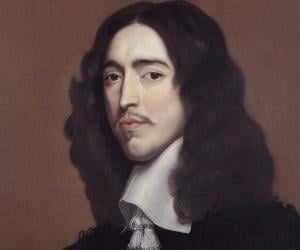
Edmond Halley was an English astronomer and mathematician who was mainly concerned with practical applications of science. He abandoned college education to travel to St. Helena. He published catalogue of 341 southern stars with telescopically determined locations. Known for his wide range of interest, he helped Newton to publish his magnum opus, Philosophiæ Naturalis Principia Mathematica. He used Newton's Law of Motion to compute periodicty of Halley’s Comet.
Evangelista Torricelli, a student of Galileo, later made a name for himself as a physicist and a mathematician with his invention of the barometer. He also laid down the Torricelli’s theorem and discovered the Torricellian vacuum. The torr, a unit of pressure, bears his name.
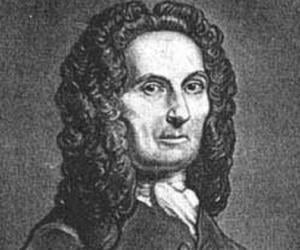
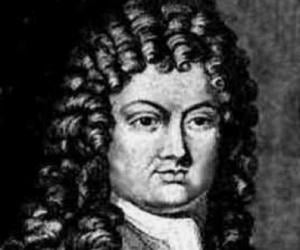
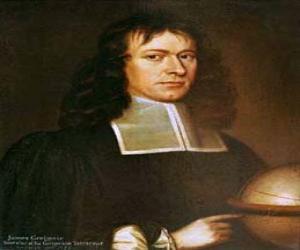
James Gregory was a Scottish astronomer and mathematician. A celebrated mathematician, Gregory served as a professor of mathematics in several institutions like the University of Edinburgh and the University of St Andrews. He is also remembered for publishing several books, including Optica Promota, which describes Gregory's design for a reflecting telescope which came to be known as the Gregorian telescope.
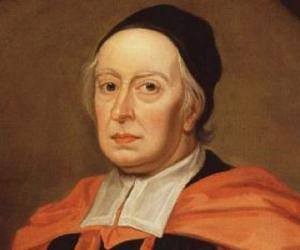
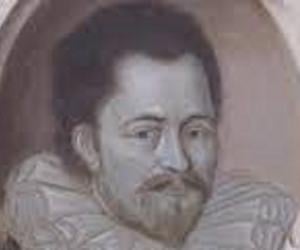
Simon Stevin was a Flemish physicist, mathematician, and military engineer. He is best remembered for his contributions to various fields of science and engineering. Simon Stevin is also credited with several discoveries and inventions. He pioneered the practical application of surveying and hydraulic engineering.
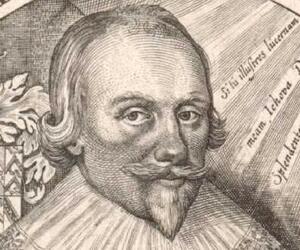
Best remembered for his study of occult philosophy, Robert Fludd, the son of English diplomat Sir Thomas Fludd, was also a physician. However, he was criticized for being a medical professional who believed in magic and defended Rosicrucianism. His other interests included cosmology, astrology, and Freemasonry.
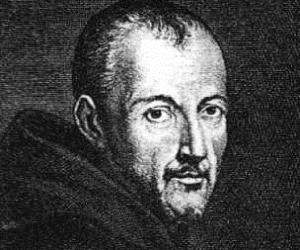
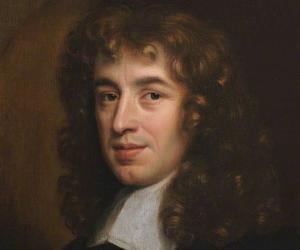
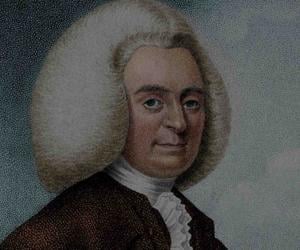
Colin Maclaurin was a Scottish mathematician best remembered for his contributions to algebra and geometry. A child prodigy, Maclaurin became one of the youngest professors in history when he became a professor of mathematics at the age of 19. Colin Maclaurin also contributed immensely to the study of elliptic integrals and is credited with discovering the Euler–Maclaurin formula.
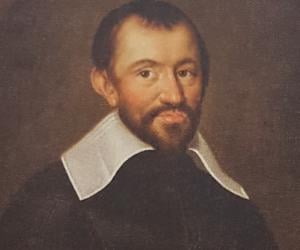
French Catholic priest and astronomer Pierre Gassendi is remembered for his efforts to reconcile atomism with Christian ideals and for his anti-Aristotelianism. His studies included research on Epicurean philosophy. Apart from observing the transit of Mercury, he also studied the speed of sound and horizontal momentum.
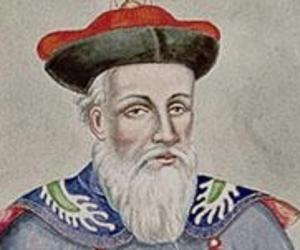
Dutch Jesuit missionary and astronomer Ferdinand Verbiest had a huge influence in China during the reign of the Qing dynasty. Also known as Nan Huairen, he advised the Chinese emperor in significant matters and also worked as a translator and a cartographer. He penned several books and knew many languages.
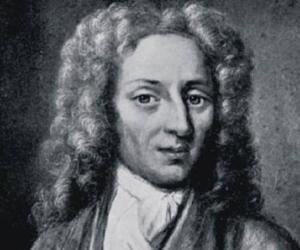
A close associate of Isaac Newton, Swiss mathematician Nicolas Fatio de Duillier, was, according to many, the reason for Newton’s nervous breakdown after they fell apart. He is best remembered for co-discovering the phenomenon of zodiacal light and for inventing the shadow theory of gravitation.
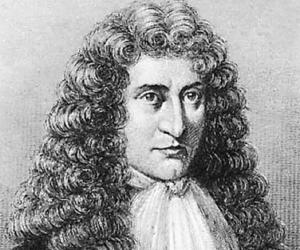
Best remembered for his ground-breaking invention of the pressure cooker, Denis Papin was also the man behind the first piston steam engine, which played a major part in ushering in the Industrial Revolution. Unfortunately, he died a destitute and remains buried in an unmarked grave in London.
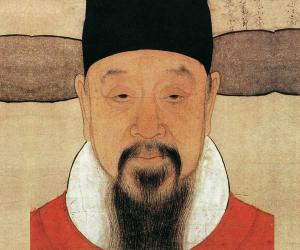
Xu Guangqi, or Paul, was a Chinese official of the Ming dynasty and one of the most prominent Chinese converts before the 20th century. An agronomist, a mathematician, an astronomer, a politician, and an author, he translated many Western works. He was also known as one of the Three Pillars of Chinese Catholicism.
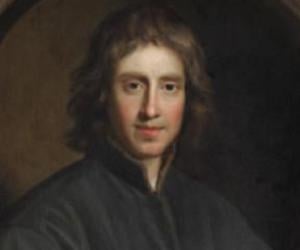
Anglican priest and mathematician William Whiston is remembered for his efforts in popularizing the works of his mentor Isaac Newton. His A New Theory of the Earth aimed at explaining the historical and scientific validity of biblical events. He was also a supporter of Arianism and Primitive Christianity.
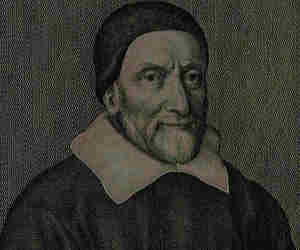
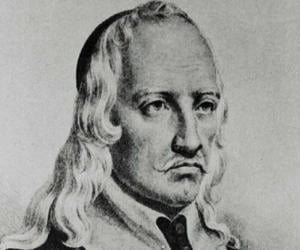
While he matriculated in math and taught the subject later, Giovanni Alfonso Borelli also made pioneering discoveries as a physicist and physiologist. With works such as De Motu Animalium, he revolutionized the field of biomechanics, explaining muscular movements with the help of statics and dynamics.
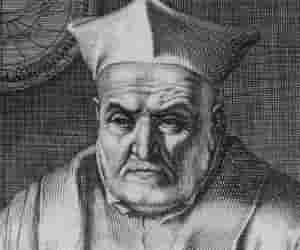
Christopher Clavius was a Jesuit German astronomer and mathematician. Clavius was one of the members of the Vatican commission that gave a green signal to Aloysius Lilius' calendar which came to be known as the Gregorian calendar. He was one of Europe's most respected astronomers; his books were used for over 50 years for astronomical education in and around Europe.
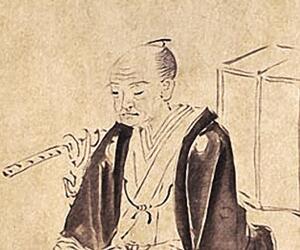
Seki Takakazu was a Japanese author and mathematician active during the Edo period. Referred to as Japan's Newton, Seki laid foundations for the ensuing development of Japanese mathematics. Seki Takakazu is also credited with creating a new algebraic notation system.
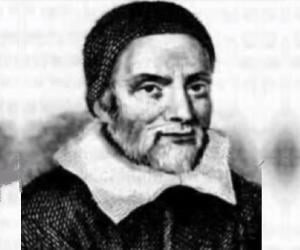
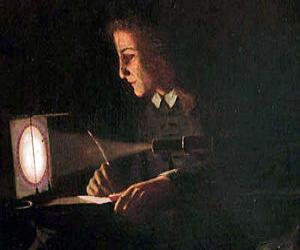

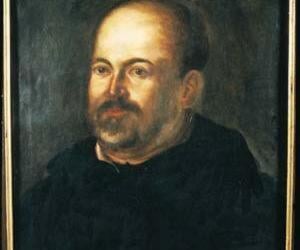
Benedetto Castelli, a Benedictine priest and a student of Galileo, later became a math professor at the University of Pisa. His On the Measurement of Water Currents is considered a fundamental work in hydraulics. He was the first to work on the principle of the barometer and sustained vacuum.

Thomas Bartholin was a Danish physician, theologian, and mathematician. He is best remembered for discovering the lymphatic system in human beings. Thomas Bartholin is also known as the first person to scientifically describe refrigeration anesthesia, which is widely used today, especially while performing major amputations of the limbs.
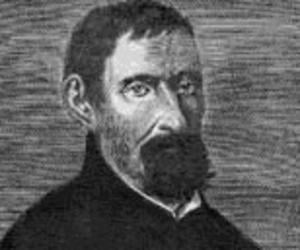

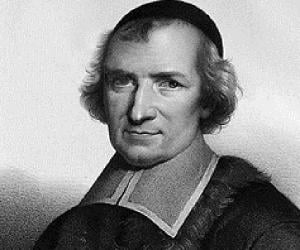
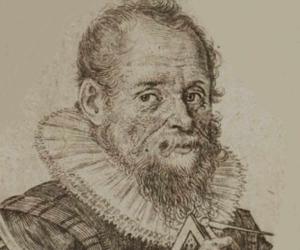
Known as the man who invented logarithms in a study independent of John Napier, Swiss mathematician Joost Bürgi was initially a clockmaker of Duke Wilhelm IV’s court. His geometrical and astronomical instruments made him popular, and he joined the service of Holy Roman Emperor Rudolf II.

One of the founders of projective geometry, French mathematician Girard Desargues began his career as an architect and an engineer, designing several private and public buildings in Paris and Lyon and also a project for lifting water. Eventually he became associated with a group of Parisian mathematicians and undertook researches on perspective and geometrical projections, publishing several papers on it.
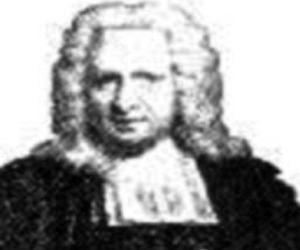
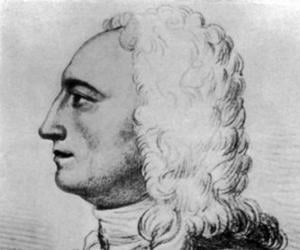
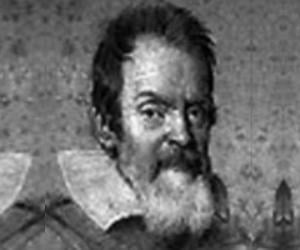
Giovanni Ceva had proposed the geometric theory, the Ceva's theorem, named after him. The Italian mathematician taught at the universities of Pisa and Mantua. Apart from geometry, he had also worked on hydraulics and mathematical economics. He was the brother of poet and mathematician Tommaso Ceva.

